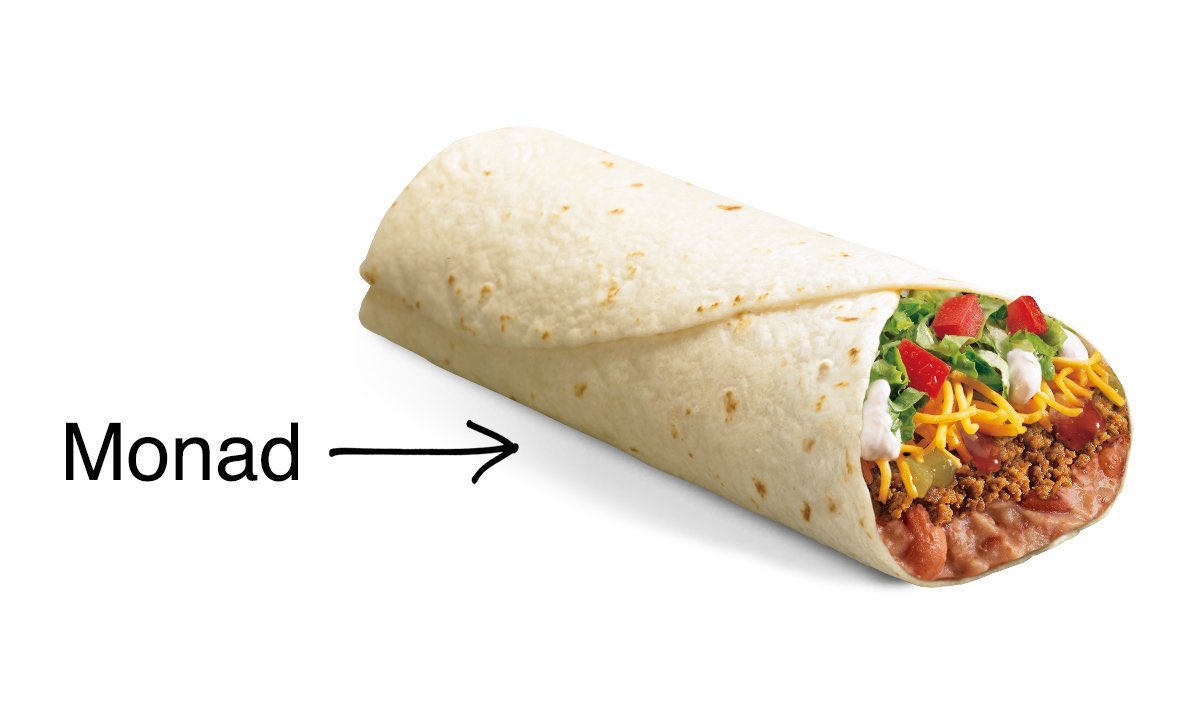Interview with Machine Learning Expert

Sandeep Srinivasan is a veteran of the machine learning industry. While most have gravitated towards it since the hype of the late 2000s, Srinivasan claims he has been “interested in machine learning since the 1990s,” almost noachian in this quickly evolving field. Today, I sat down with Srinivasan in order to glean what insights he has after pioneering this industry for 30 years.
I am struck by Srinivasan’s positive attitude. He himself concurs, saying its necessary to be “a lifelong learner” to succeed in this field. Even with his experience, he is “still taking courses” to learn new skills and improve himself. His optimism extends further, however. When describing how he first got into machine learning, Srinivasan said a professor was too embarrassed that no one signed up for his course in machine learning, so he paid Srinivasan $10 an hour to be the only attendant. Despite being happenstance, Srinivasan tells the story with a smile as if it is a good joke. He brings this sense of optimism to his work, summarizing that the “best part of [his] job” is to meet bright 20-year-olds who have a “beginner’s mindset” and are eager to learn.
Finding these bright 20-year-olds is becoming increasingly difficult for Srinivasan, unfortunately. In this white-hot field, he must muscle his way through the likes of “Google, Facebook, Amazon, and Apple.” Due to this drive for talent, Srinivasan complains that “the hardest part” of his job is hiring for his small machine learning startup.
Despite his recruiting woes, Srinivasan claims he is not deterred about founding a small machine learning startup. He says the experience has been rewarding for him. When speaking on the advantages of founding a startup, he says he gets to “eat [his] own dog food,” in the sense that he is excited to try out all the products as a consumer that he is inventing. He emphasize that a founder must act as the first customer of a product, because if the founder doesn’t believe in the product, then neither will the clients.
The main area where Srinivasan eagerly gets to try out his new inventions is with his products aiming to “simplify machine learning.” He uses his own online dashboard to set up machine learning models in a few clicks, and soon he hopes others can do the same. His mission is to “democratize machine learning for multiple applications.” In the future, Srinivasan imagines that doctors or other domain experts could create machine learning models without coding and without technical knowledge.
Doctors are not the only profession Srinivasan predicts machine learning will impact. He thinks that many “repetitive tasks” such as “data entry” for taxes will disappear. In addition, manual tasks, such as image labeling will be automated away by machine learning.
Overall, I am very impressed with Srinivasan’s accomplishments. He certainly has the air of someone well-informed on the industry, and he was able to use his knowledge to give me personal advice for the job market (“learn statistics”). Given how he effuses knowledge in every aspect of machine learning, I would not be surprised if his startup goes far. This experience was very informative for me, and I see myself possibly having a career in machine learning. I suggest to the reader to conduct a similar informational interview, in the hopes that one could learn about an intriguing field from a personality.


